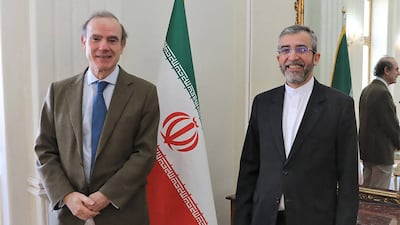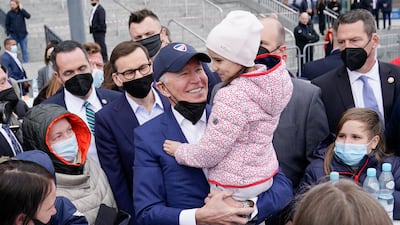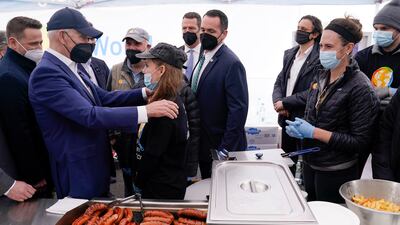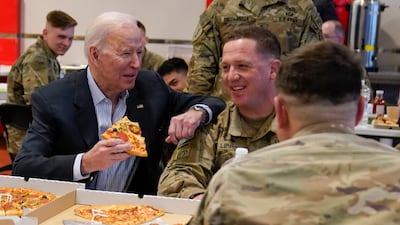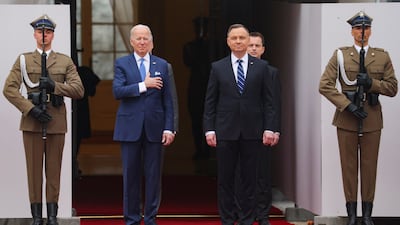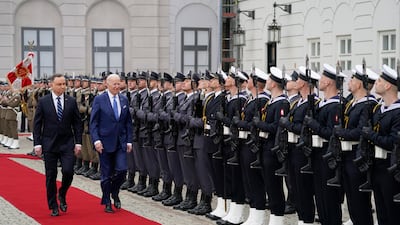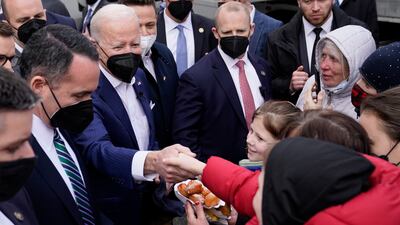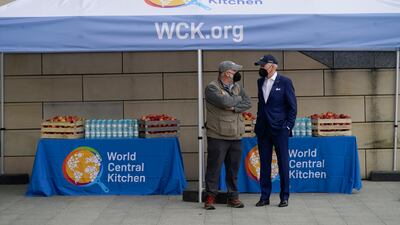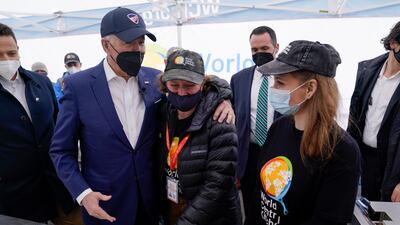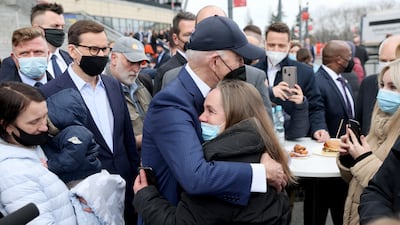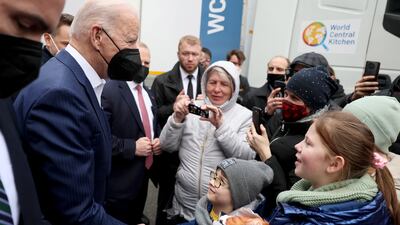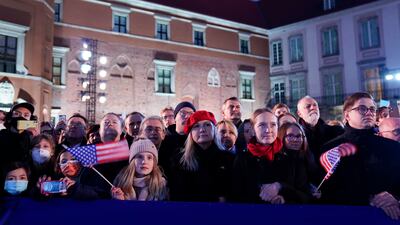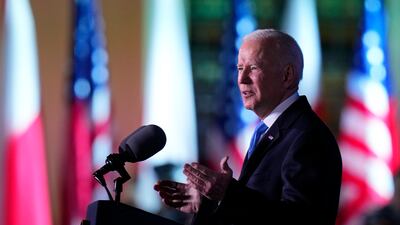EU diplomat Enrique Mora held talks in Tehran on Sunday in an effort to revive the Iran nuclear deal, Iranian state media reported.
The EU’s envoy met officials as signs of a resolution to some of the most difficult issues in the talks were in sight.
State media gave few details but said Iran’s leading nuclear negotiator Ali Bagheri Kani repeated that Iran believed a deal was within reach if the US was “realistic” in its demands.
After the meeting, Foreign Minister Hossein Amirabdollahian blamed the US for the delay.
Former president Donald Trump abandoned the nuclear deal in 2018 and reimposed sanctions. Iran then gradually breached the terms of the agreement with an expansion of its nuclear work.
The talks broke off this month as last-minute issues in Vienna coincided with Russia’s invasion of Ukraine and financial sanctions imposed by the West on Moscow.
But officials have since spoken in encouraging terms. Russia has appeared to back down from its demand that its trade with Iran be exempted from western sanctions.
And for the first time, Iran’s most senior diplomat on Saturday publicly suggested flexibility over Tehran’s demand that Washington stop designating the country’s Islamic Revolutionary Guard Corps, its powerful paramilitary force, as a foreign terrorist organisation.
Amid these signs of compromise, French Foreign Affairs Minister Jean-Yves Le Drian said on Monday that a nuclear deal between Iran and world powers was near even though a few items had still to be settled.
“We are near an agreement,” Mr Le Drian said at a news conference in Doha.
Concern from US allies
Mr Le Drian's optimism contrasted sharply with the views of some US officials. On Sunday, US Special Envoy for Iran Robert Malley said he was not confident that a nuclear deal was imminent.
“In any negotiations, when there’s issues that remain open for so long, it tells you something about how hard it is to bridge the gap,” Mr Malley said at the Doha Forum, reflecting on 11 months of difficult talks.
The prospect of the designation’s removal had concerned US allies in the region, such as Israel, which fiercely opposed the original nuclear deal. It said that easing sanctions on the IRGC would embolden Iranian-backed militant groups from Hezbollah in Lebanon to the Houthis in Yemen.
The Israeli government hastily arranged a summit of diplomats from Arab countries that have normalised ties with it. US Secretary of State Antony Blinken participated.
“We are both committed, both determined that Iran will never acquire a nuclear weapon,” Mr Blinken said alongside Yair Lapid, Israel’s foreign minister, seeking to reassure his counterparts before the gathering.
